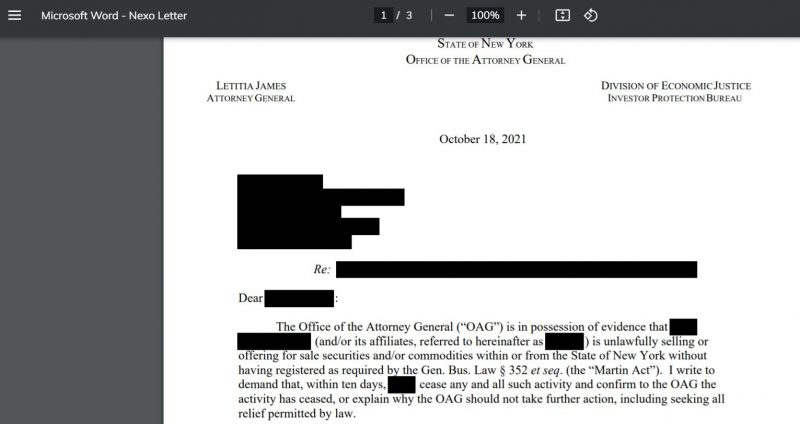For years officialdom wanted nothing to do with the crypto space. Whatever bitcoiners said about changing the world, policymakers largely ignored it.
Even during the 2017 initial coin offering (ICO) boom, which involved plenty of money and plenty of fraud, regulators were arguably slow to react, issuing market guidance only months after the fact. Crypto was hardly a priority.
In 2021, everything changed.
The fight in the U.S. Congress over a crypto tax provision in Biden’s infrastructure bill was widely seen as a turning point. For the first time, politicians saw an opportunity to raise revenue from a flush industry. And crypto realized it had to fight like any other D.C. interest group.
At the same time, central bankers started talking about crypto’s systemic importance, even comparing digital assets to the subprime mortgages that blew up the world economy in 2008. The International Monetary Fund (IMF) even likened crypto to COVID and climate change.
Just last week, the SEC approved Bitcoin’s first exchange traded fund (ETF), another major milestone on the road to adoption.
In short: Ignored no more.
CoinDesk’s Policy Week package – part of a wider look-ahead initiative we’re calling Crypto 2022 – is a comprehensive look at how crypto is coming under increasing regulatory and legislative scrutiny and how the industry is responding.
We have special reports on how the crypto lobby is muscling up in D.C., the outlook for decentralized finance (DeFi) and stablecoins, and how non-fungible tokens (NFTs) are likely to interest the SEC next year. We report on the U.S. picture and check in with China and the EU as well. We look at where exchange-traded funds (ETFs) are already allowed and barred. And we hear from policymakers, entrepreneurs, advocates and detractors, academics and acolytes, all in the name of offering a guide for our readers, viewers and listeners.
This is Policy Week. Dig in.
Go to Source
Author: CoinDesk Staff

